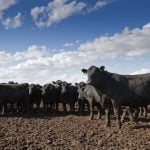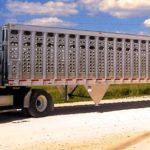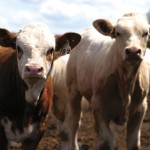[Updated: March 9, 2022] The federal government has decided to stick to its February 20, 2022 deadline for enforcing new feed, water and rest (FWR) rules around transporting cattle despite a one-year extension request by several industry organizations. “We wanted to ensure ongoing research around the effects of rest stops for beef cattle was completed […] Read more










